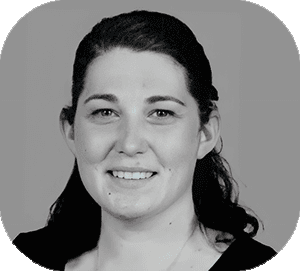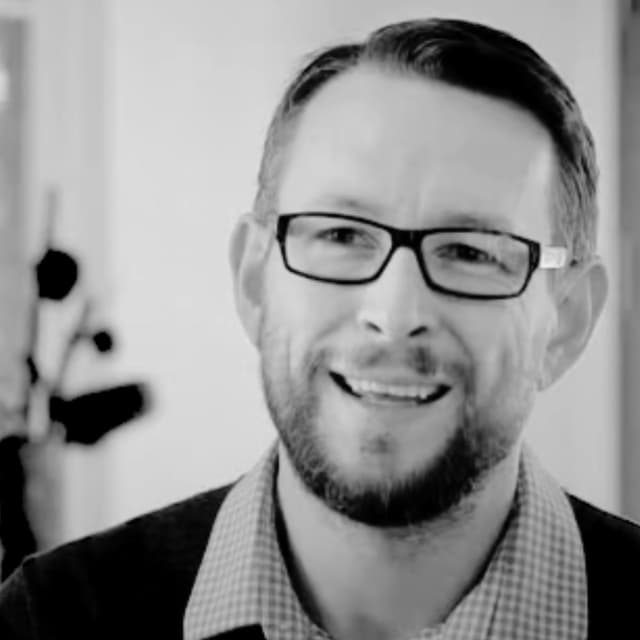
How to Manage Your Time and Energy as a Teacher (45 minutes)
Go to
Course Summary
Course Content

Rethinking Our Precious Time
Introduction
What is time?
What do we mean when we say we are busy?
What does time feel like?
What does time feel like cont'd...
Time is power
Different ways to think of time & how to use them to your benefit
Where to next?
Reflection
Congratulations
Course Writers

Hayley Sommeling-Farrugia is an experienced Early Years Educator, Primary School Teacher, and Instructional Designer for Cool. Hayley is an expert at developing content that considers the educational journey from start to finish, as she knows first-hand the experiences, knowledge and challenges of the educators.

Daniel Donahoo's work is driven by play, technology and narrative. An experienced educator and author specialising in books centred around families, media, and technology. He wrote “Idolising Children” and (co-author) “Adproofing Your Kids”. Daniele writes and blogs regularly on the topics of technology, children, education and families.
This course has been designed in consultation with experts in the fields of education and wellbeing.